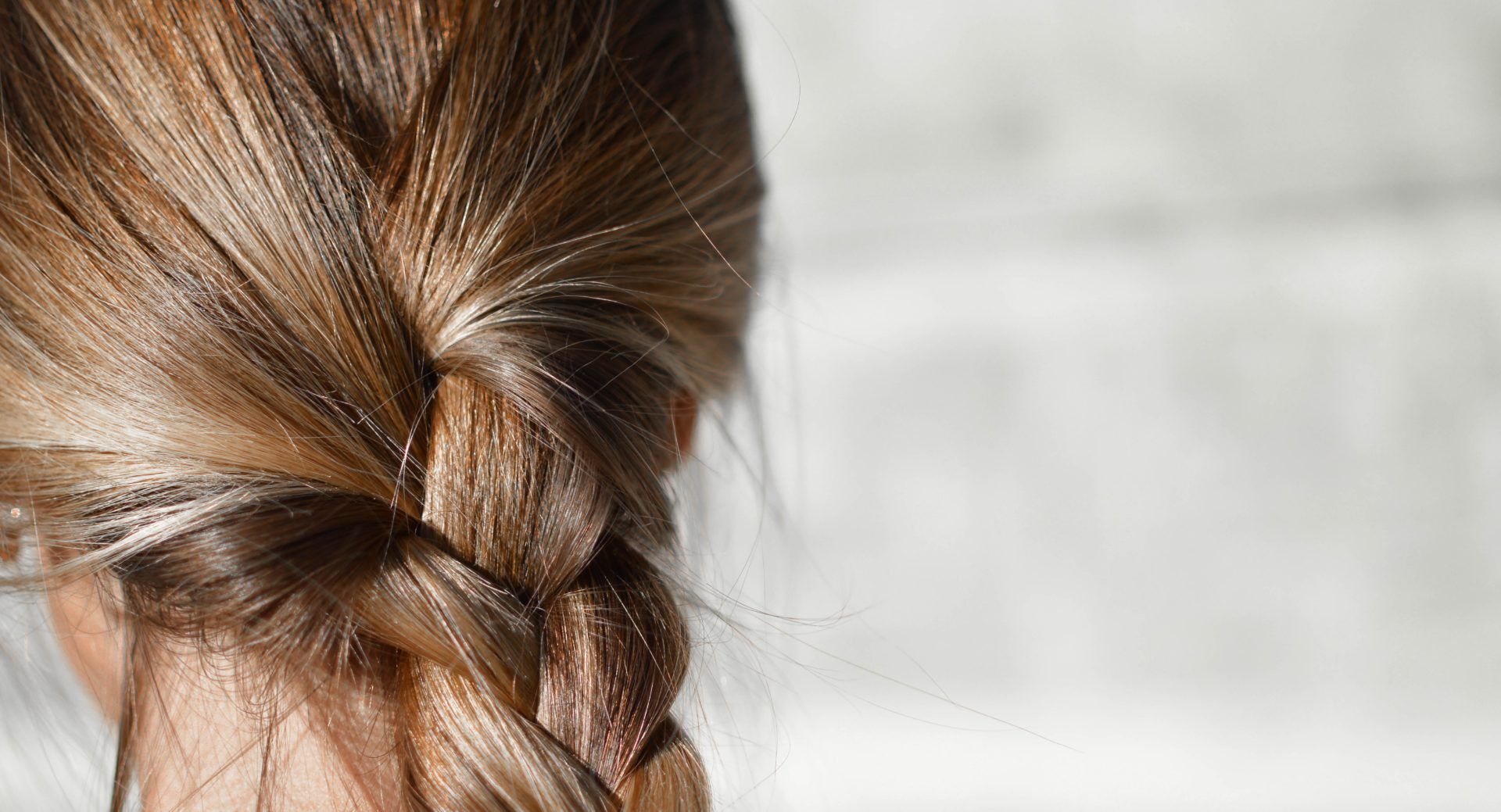Over the past decade, the global wellness movement has reshaped how consumers define beauty. Once focused mainly on skin and diet, wellness now extends to haircare—where plant-based ingredients are taking center stage. Shoppers are moving away from harsh chemicals and synthetic additives, choosing natural, vegan-friendly formulas that promise both healthy hair and a healthier planet.
A Growing Focus on Ingredient Transparency
Today’s consumers are reading labels more closely than ever. According to a 2024 report by Mintel, ingredient transparency ranks among the top three purchase motivators in personal care. People want to understand what goes into their products—and how it affects their bodies and the environment. This has paved the way for plant-based haircare brands to thrive by using familiar ingredients like aloe vera, coconut oil, rosemary, and hemp seed oil.
Unlike older formulations that relied on sulfates and silicones, plant-based shampoos and conditioners use botanical surfactants derived from coconuts or corn that cleanse without stripping natural oils. Oils like argan, avocado, and jojoba provide deep moisture, while plant proteins such as quinoa and rice strengthen hair shafts naturally.
The Wellness Connection
Wellness is no longer just about fitness or diet—it’s about creating balance. Hair health has become part of that equation. The “skinification” trend, where people treat their scalp like their skin, underscores how wellness now influences every step of beauty routines. Dermatologists have noted that inflammation, buildup, and scalp imbalance can lead to hair thinning, and natural ingredients with anti-inflammatory and antimicrobial properties—such as tea tree, hemp seed, and chamomile—can help restore equilibrium.
This approach aligns with the broader wellness philosophy: less stress, fewer toxins, and a closer connection to nature. According to Allied Market Research, the global natural haircare market is projected to surpass $12 billion by 2030, driven by this very shift toward plant-based wellness.
Sustainability Meets Self-Care
Environmental awareness is another powerful driver behind plant-based haircare’s popularity. Many consumers now view sustainability as an extension of personal wellness. Refillable packaging, solid shampoo bars, and biodegradable materials have become more than eco-friendly options—they’re status symbols of conscious living.
Brands such as Ethique, Seed Phytonutrients, and Plaine Products have gained attention for combining performance with purpose, offering clean formulas in recyclable or reusable containers. Their success illustrates how modern consumers equate inner wellness with external responsibility—what’s good for the body should also be good for the Earth.
The Role of Hemp and Botanical Innovation
Hemp-derived ingredients, particularly hemp seed oil and CBD, have also entered the conversation. Known for their omega-rich and anti-inflammatory properties, these botanical extracts are being incorporated into conditioners, masks, and serums designed to soothe the scalp and improve hair strength. Clinical studies have found that omega fatty acids can enhance elasticity and hydration, two key markers of hair vitality.
Brands like NatureLab Tokyo, Act + Acre, and Vegamour are at the forefront of blending modern science with plant wisdom. Their formulations appeal to consumers who want measurable results without compromising ethics or sustainability.
A Movement Rooted in Conscious Living
The rise of plant-based haircare mirrors a deeper lifestyle transformation—one that merges beauty with wellness and sustainability. It’s no longer about chasing trends but cultivating habits that reflect personal values. Whether it’s washing less often, using a botanical scalp treatment, or choosing refillable packaging, these small changes add up to a larger movement.
As consumers continue to seek balance in an increasingly fast-paced world, plant-based haircare stands as a simple but meaningful expression of mindful self-care—one rooted in nature, wellness, and the belief that looking good should never come at the planet’s expense.

